I’ve always been impatient. This trait can be found even in my being a master, in particular when it comes to travelling. I’ve never been a huge fan of random encounters, camps, watch duties. I’ve always preferred enhance the main story, looking forward to see my players arrive in Place B as soon as they finished playing in Place A, thanks to the “Fast Forward” power that every Master, even first level ones, have.

I’m talking about travelling with a destination, not simply wandering without a clue for unknown territories and, just to be clear, I did not avoid every travel. I narrated excursions in wild lands, days of land travelling with random encounters, camps assaulted in the middle of the night and other stuffs: I simply never liked’em very much.
“IT’S TIME FOR THE PREMISE OF THE PREMISES: THERE IS NOT A CORRECT ANSWER”
It’s time for the premise of the premises: there is not a correct answer, a right way, a good choice, not even in the medias res or in common sense: every person, every group, every game, every session have different visions, needings, moments, hopes, expectations, internal rules. The more adapt solution must be researched from time to time. These thoughts are a starting point for a confrontation, to give a different point of view, to share some experience to less experienced, that’s all.
Let’s head back tp the travel topic. The possibilities exist between the Fast Forward, like “You leave for the Hundreds Eyed Cave. Ok, you’re there”, while on the other hand we have the Slow Motion, like “The Sanctuary of Forgotten Death is 300 km north. In your first 5 km…” Between these, all the intermediate possibilities.
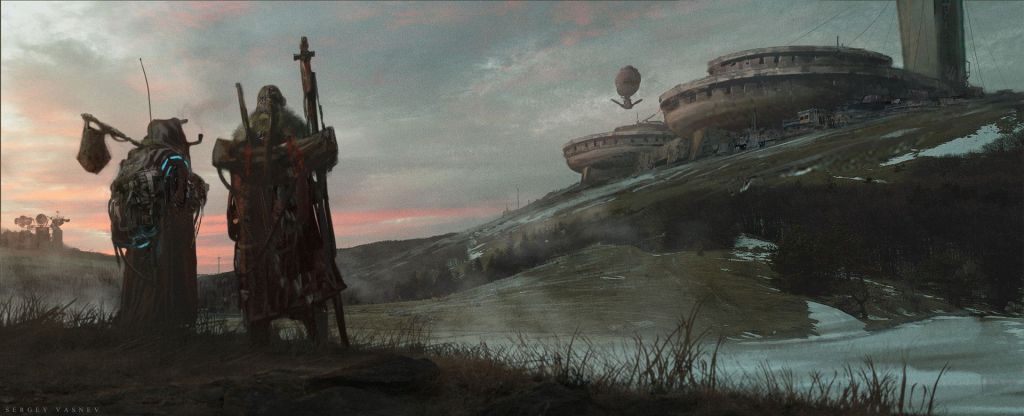
“Growing up I understood that being in a hurry doesn’t let you enjoy your time.”
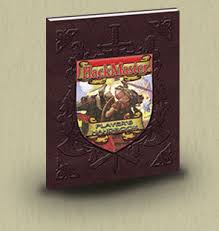
Usually I was more a Fast Forwarder, I liked arriving straight to the point, avoiding combats, not giving too many Xp between locations, pratically an annual subscription to narrative mass teleport. What happened next? Growing up I understood that being in a hurry often doesn’it let you enjoy your time. Also as a master I often hurried the beginning of a campaign before being really ready or hurried the ending, already thinking about the next project. It never went very well. Things must be done well in the proper time. Thereforerecently I slowed down, looking for quality before quantity. Talking about quality I discovered one of my actual favourites games, Hackmaster. Shortly it’s an AD&D evolution with very realistic mechanics. A lot of rules trying to describe every aspect of the hard life of adventurers, From rolls to avoid dozing off during watch duty to fatigue factors, to the effect of a pint of beer in the next morning. A game like that, run properly, makes you abandon Fast Forward and change to Slow Motion.
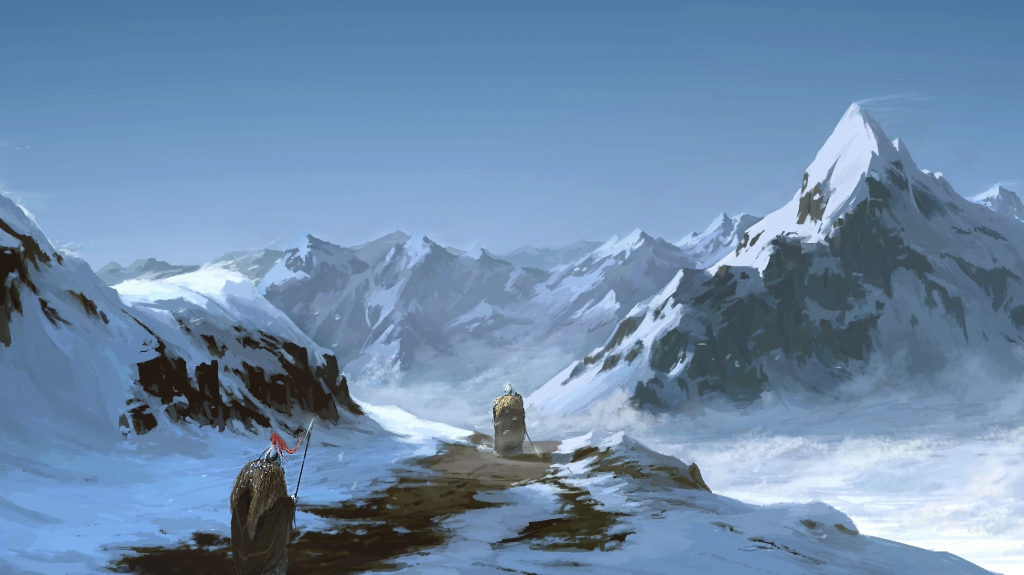
So yesterday night we spent four hours of play to calculate rations weight, how to divide them between the mule and the pony, to evaluate backpack weight and the beginning of the journey divided in daily spets with weather, landscapes, terrain features, animals, plants and every little playable detail which I could insert without making the game too slow and too boring. How did the session go? A part of me would have see the adventurers already in front of the gates of the dwarven citadel of Coldhall, but anoher part enjoyed delaying that moment. The waiting time before arriving, the sense of travel, the expectations growing bigger and bigger as they realized how much time was needed to reach their destination. It implied perils, maybe just briefly mentioned, a lot of elements that worked better than the destination itselt. The climax has been a nocturnal encounter with a Sturm Wolf. Not a combat, just the beast approaching the tent to study the situation, with the adventurers ready to react but losing precious houes of sleep. But in a game as mortal as Hackmaster previews, possibilities and risks are as breathtaking as the combat itself.
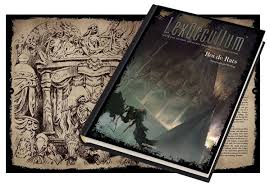
I had a completely different experience last fall during my Lex Occultum campaign, the official one known as “Roi-de-Rats”, that I ran briefly cutting every travel and playing only the real location and scenes. In that case Fast Forwarding made the narration faster and smoother, I avoided encounter, obstacles not useful for the main plot. We decider for a short campaign without further ramification of the story, but in the end the pace we had from a location to another made them less interesting.
So here I am, after last night, talking about travels. Obviously I’ve not become the ultimate fan of Slow Motion, but yesterday experience made me reflect: travellins as waiting time, as expectation, as path of discover can be more interesting than destination itself and increase the performance of the destination. Moreover travelling can be the perfect cue to enhance particular and less used abilities, or to give pieces of knowledge and detalis for the future, or little narrative baits to check players’ preferences to understant what they like and what they don’t.
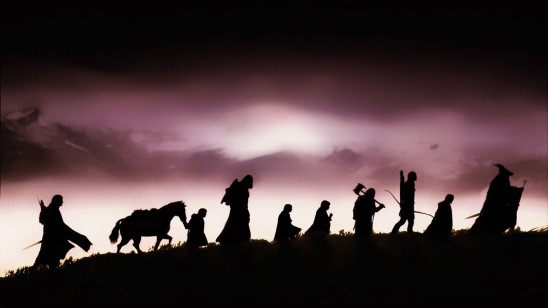
I thought making a punctual analysis of Fast Forward e Slow Motion and of the requirements needed to properly use Slow Motion because in the vast rpg offer there are games and systems more adapt than other. I decided to avoid every human factor in my analysis because there are too many elements and they are too specific for every group of play.
FAST FORWARD
- you arrive quickly to your destination, making the main plot go on.
- you save time, reducing the duration of the campaign, maybe because there are other games that you want to try soon.
- less elements to manage.
- less rules and measurements.
- you don’t risk to alter the experience progression giving xp for unexpected encounter.
SLOW MOTION
- you let live the travel as a path of discovery and preparation.
- you don’t interrupt narration, increasing the feeling of being in the game.
- you have space for interpretation, abilities, knowledges, narrative cues.
“the travel as waiting time, as expectations, as a path of discovery can be more interesting than destination itself”
Not every game is suited for Slow Motion. It can be done in every game, but to be done properly there are some requirements. Take this list as generic, because no every point is valid for every kind of campaing:
- It must not give too much experience in combats or players could level up too quickly.
- It must not give too easy way to be completely healed, or every day becomes the copy of the previous one if “using all the healing magic” in the evening, in the next morning the party begins as new.
- It must give playes some tools to interact with the various aspects of travel itself.
- It must have specific or generic rules concerning risks and effects of the features of the travel (or the master must use the system to create them) or a big part of the travel is lost. Not having risks, consequences, the possibility not arriving as you depart transform travelling in a long loading page without life.
In the end I reconsidered travelling and from now on I’ll try to live it as an incentive for me to generate stories and landscapes, to create sparks of ideas and above all as a tool to enhance destination using the sense of expectationgthat travel makes feel.

